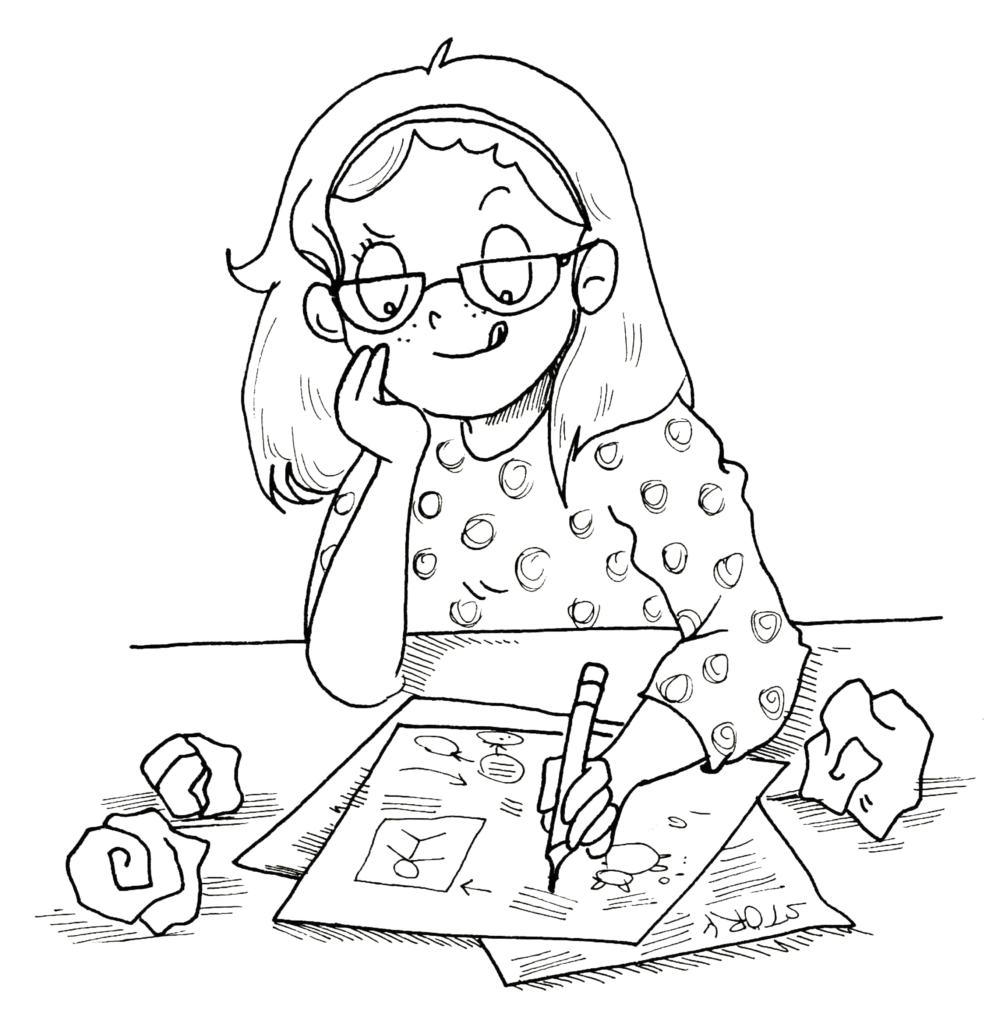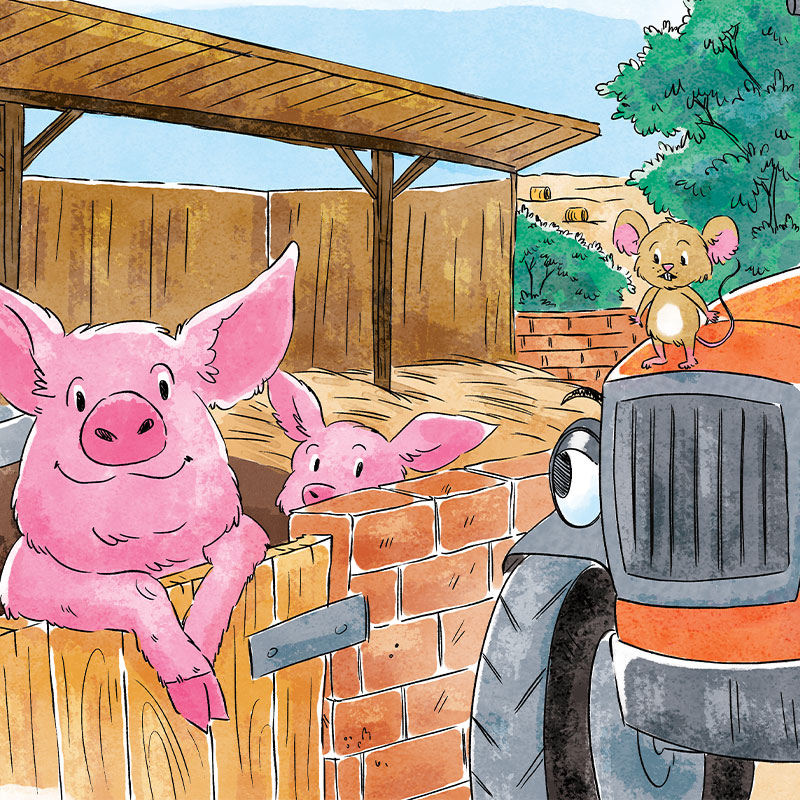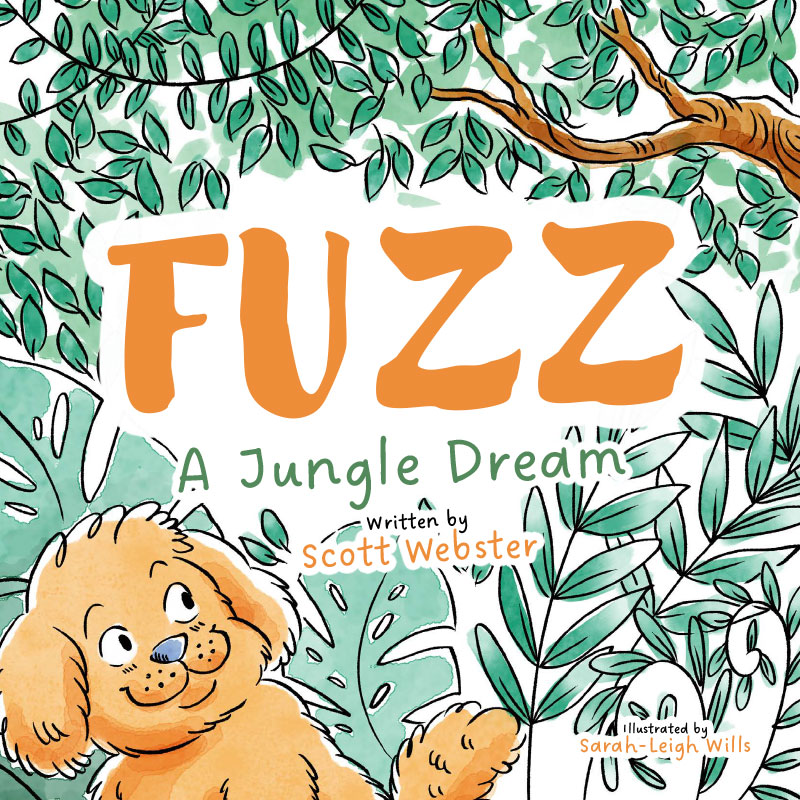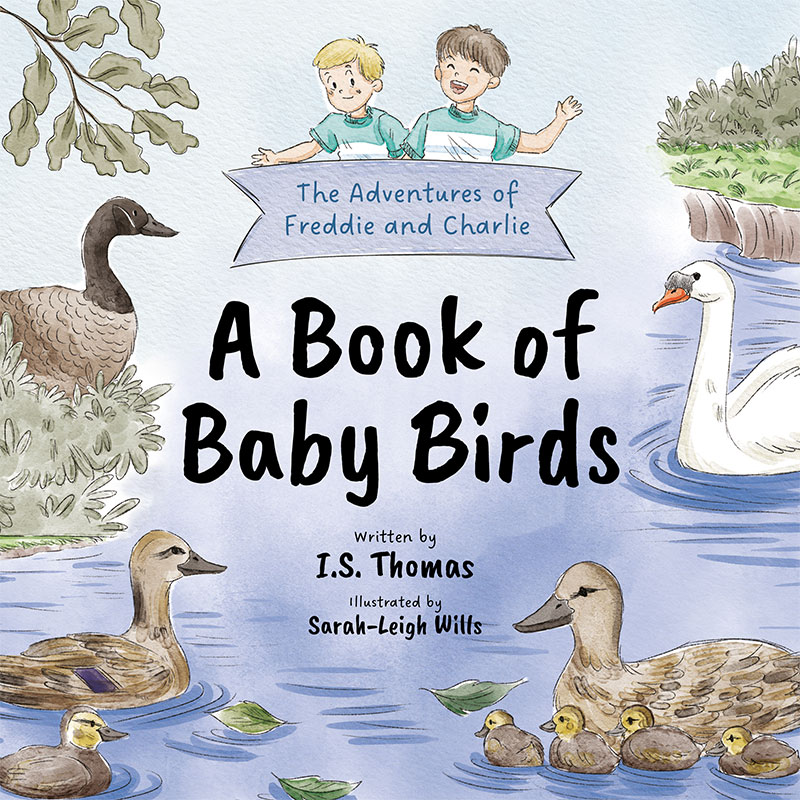We’ve all had something of a peculiar year, and the end of it is proving to be no exception. Those of us who are lucky enough to be well and safe at this time are discovering that Lockdown: The Sequel, has been a little more tough. What can we do to keep our creativity flowing and our brains a little more motivated?
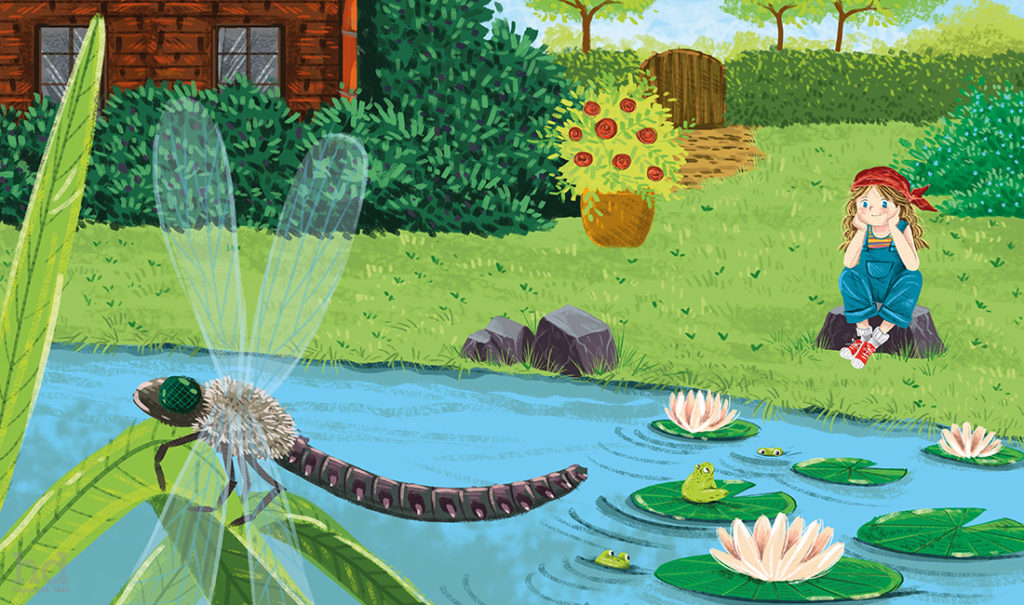
So, the third Joe Wicks workout of the week has been completed. You’ve baked your seventh banana bread and there are no more cupboards left to clean and organise. Thankfully this time the kids are (mostly) at school, and it’s raining outside. Maybe it’s time to write that novel you’ve been planning for ten years, or try and write that children’s book you’ve had kicking around in your head for a while? We have written some really useful blogs of late to help you with tips and tricks that involve getting started and keeping going, as well as looking at character, plotting and lots of other areas of writing. Check out our blog page for all of those. But, what do you do when you need a Joe Wicks for your writing life? Grab those sweatbands, don your jogging trousers and get motivated with our top tips!
Get the music right!
This one is first on the list as it’s the most important thing to us here at Happydesigner. Maybe you’re one of those writers who can’t listen to music at all when writing; it’s a very common thing. In which case, perhaps look into other forms of audio stimulation, or even ear plugs to block noise out.
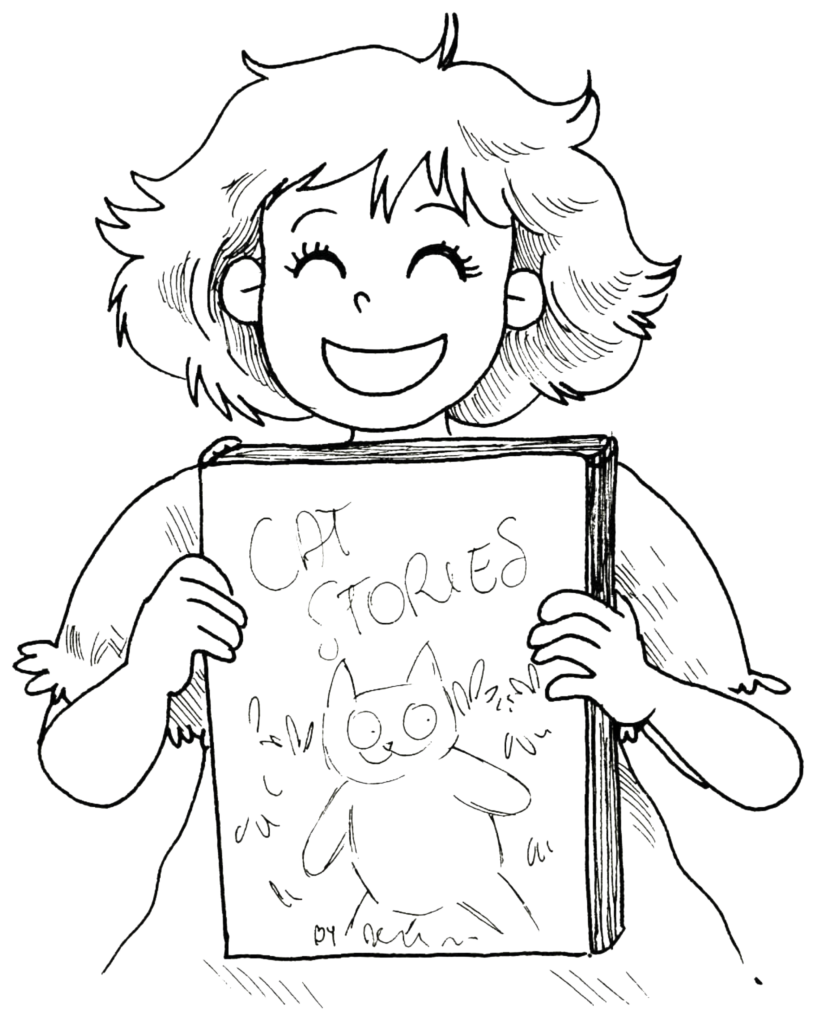
If, however, you are like us and absolutely love to keep motivated with music, grab that bluetooth speaker, radio or iPod and get grooving! If you can’t work with music perhaps choose a few key tunes that you know will motivate you to work and have a little kitchen disco to get your brain pumping. Stephen King famously used to listen to hard rock and metal when writing (although these days he says he writes in silence but rewrites to thrash metal!) and there’s a fab podcast on BBC 6 Music called “Paperback Writers” that delves into the musical inspiration behind different writers and their work. Whilst Metallica and Anthrax may not be your writing cup of tea, perhaps you can look at music you like that’s upbeat, if nothing else just to get you started. Some writers struggle to write to music with words, and some prefer to hear words when writing! Some, like me, can’t listen to people talking when writing but others love a podcast or chat-show burbling away in the background. Sometimes great ideas can come from the lives of others, so maybe Desert Island Discs is a great writing companion for you! Whatever floats your boat aurally, now is the time to dig into your record collection, physical or digital, and really let your hair down!
“…don’t assume that just because you aren’t sat at a desk in a suit and shoes that you aren’t writing “properly”.”
Set the mood
You won’t write if you are not comfortable. Comfortable to you may be uncomfortable to others, so don’t assume your preferred position of the lotus or perching on a stool is wrong if it makes you feel ready to work. Likewise, if snuggling into a huge comfy chair gives you all the creative feels, then do it! Again, Stephen King (in his book On Writing, a bible for many writers and we reference it often because it really is so good) tells the story of how he bought this amazing desk for his house when he finally made some money, and set it all up to work on, but found he worked better away from the rather intimidating desk. There is something to be said about putting yourself in a work space, some people really respond well to sitting at a work space with a blank page in front of them, and some people really recoil from that formal setting. Work out which one you are (bear in mind it may change daily!) and find out what kind of rhythm you like working to. Perhaps you love the view from your kitchen – but you find yourself distracted when you sit there and don’t focus on your work. Perhaps your downstairs loo has a really lovely table in it and you love the wallpaper enough to be inspired by it! Whatever it is, don’t assume that just because you aren’t sat at a desk in a suit and shoes that you aren’t writing “properly”.
Snacks! Snacks! Snacks!
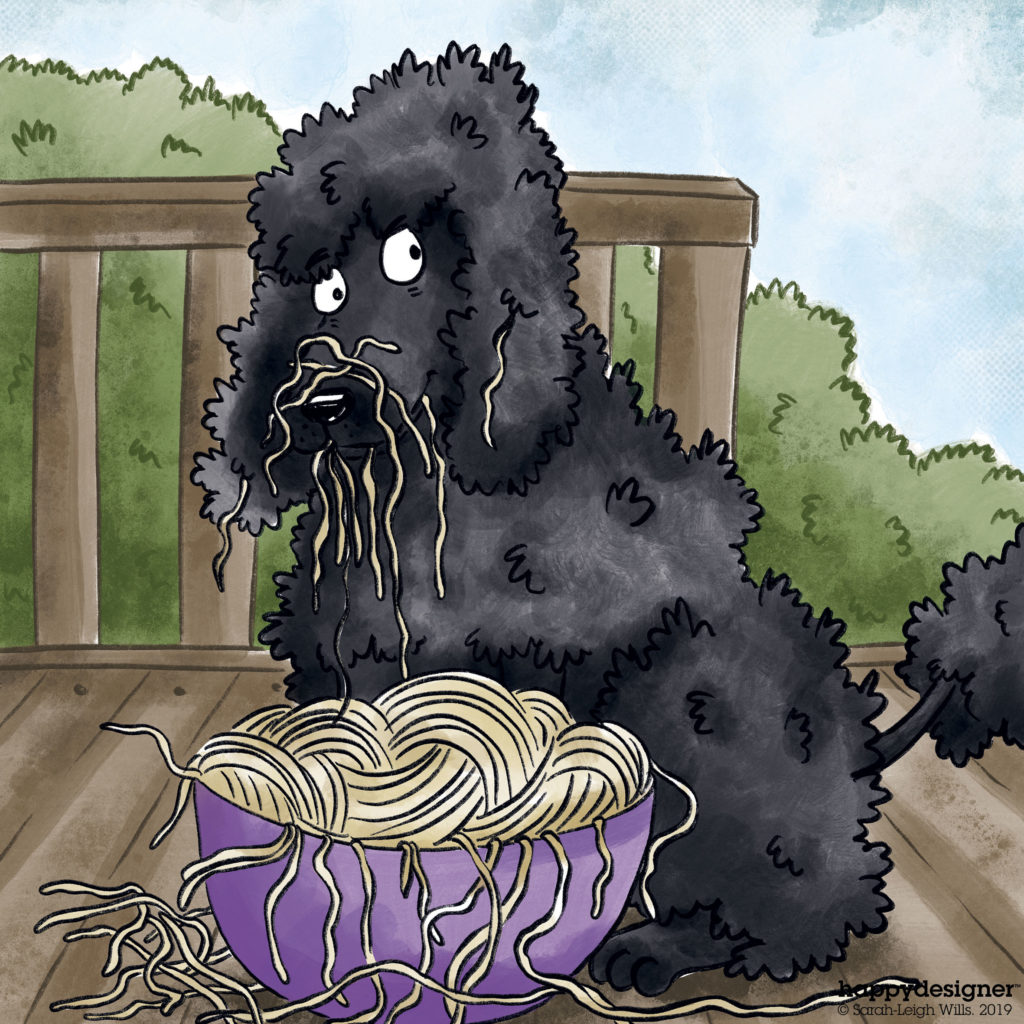
Ok, ok, lockdown has been a little tough on all of our waistlines. I know it’s been hard to get outside and some people have perhaps fallen on their home comforts a little more than usual. But at this point with writing it is very important, and we’re talking brain food! Here at Happydesigner Sarah mostly survives her working day on a diet of Haribo and fruit (obviously not all the time but as snacks) because she finds the sugar top-up helps with her concentration, and also because snacking on things throughout the process of writing feels like it can actually help your brain. We (mostly) all get the circadian rhythm dip at around 3pm, and it’s exactly why the tea break was invented (we would conjecture!) and if you’ve ever hit that wall and then had a cup of tea and a biscuit you’ll know how restorative it can be. Choose good brain foods, such a nuts and seeds – mixed toasted seeds are fab for snacking. Ideally you want to avoid salted ones (apart from not being the healthiest, they are going to make you thirsty and you’ll get stuck in a cycle of drinking water then running to the loo!) and find ones good for brains like walnuts (get the omegas in!). Other great snacks are dried fruit (just be aware of the sugar content), oatcakes (the Scottish style ones), rice cakes with something like humous, fresh fruit and perhaps the occasional mint. Try to avoid things that are too fatty and sugary as you’ll just dip in energy and your brain will nod off! Keep a fresh supply of water to hand, and try to avoid too much caffeine. You want to keep a steady brain function and alertness throughout the day! But the occasional Haribo won’t hurt…
Get outside
A lot of what helps kickstart brain function is in the prep. Don’t just wake up and sit at a desk – unless that’s your preferred way of working! A great way to get the blood pumping is a simple walk. It’s free, and currently allowed under the restrictions. If you have a dog then he or she is a great excuse to get out, but if not sometimes battling the rain and wind isn’t really an attractive prospect. Grab the wet weather gear, pull on the wellies and give it a go! The best thing about a wet walk is getting back in the front door and putting all the wet stuff on to dry, then making a cup of tea and drying off in the warm. But it’s made all the more rewarding because the endorphins are whizzing and the brain is switched on! A freezing cold walk can actually be a great waker-upper. Then the idea of curling up with your laptop or a notebook is a far more appealing prospect. Especially if it’s lashing it down outside! Make the most of the day, even if it doesn’t look too pleasant. Some writers have their best ideas whilst out on walk. You may end up wandering lonely as a cloud!
“”For oft, when on my couch I lie
In vacant or in pensive mood,
They flash upon that inward eye
Which is the bliss of solitude;
And then my heart with pleasure fills,
And dances with the daffodils.”
Set realistic goals
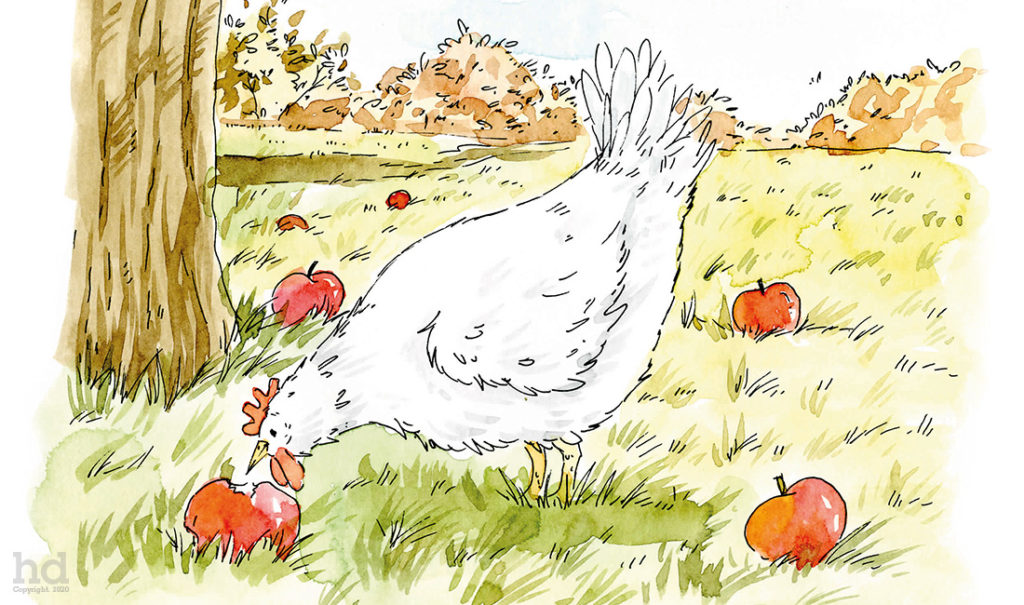
We all think we can sit down and bang out a few thousand words an hour and be happy with that. This may be true one day, you may find yourself really inspired and bosh out a load of words, other days you may find putting a sentence together is tricky. The key to getting this book written is consistency. A lot of writers will set themselves a goal of a thousand words a day. In reality this looks like very little, perhaps a page and a half of typed words. But if that page and a half was like pulling teeth, you’ll be thankful to get to the end, even if it’s not worth keeping afterwards in the edit. You did it, you met your goal. You wrote a thousand words! Then, when you have a day that’s stressful, or busy, or you’re distracted, you know you can bash out a realistic amount. On days when you are on top form, you can really go for it and smash the target. Remember, a thousand words a day is still seven thousand a week. Most adult novels are between 90,000 – 100,000 words long, so in twelve weeks you will have hit that word count. Three months and you could have a novel! Keep that in mind.
Make a cup of tea/take five
Now, becoming motivated enough to sit down and get going is one thing. But how to keep the energy going? It’s hard when you get so far and distractions set in. Maybe the kids need picking up soon, the dog starts whining, your brain starts to wander. A motivation killer can be social media; all it takes is to write something and think, “hmm, I’ll just research if people from that area ate carrots”, and before you know it you’ve fallen down an internet rabbit hole looking up who designed all the royal wedding dresses in the last two hundred years! If you can, try to avoid looking at your phone as much as possible. Nobody will remember that Twitter argument you had about toast toppings but they may very well miss out reading the amazing novel you’ve not written yet! At these moments don’t be hard on yourself. Recognise that your concentration is failing you, and it’s time to change the scenery for a bit. Make a cup of tea, or head into the garden for a minute. Maybe pop to the shop for something, or take a walk around the block. It could be something as simple as popping on a YouTube workout for five minutes. But here we need discipline. Once the break has finished, head back to it. Whilst writing should be enjoyable, it’s not always fun and you won’t always want to do it. But ultimately the feeling of completing a novel should be enough to keep you going. You can do it, three months of 1,000 words a day and you will have the first draft!
“You know yourself best, learn how you work and what makes you tick and play to those strengths. As long as you’re doing something positive to make your book come about, it all counts towards writing your story!“
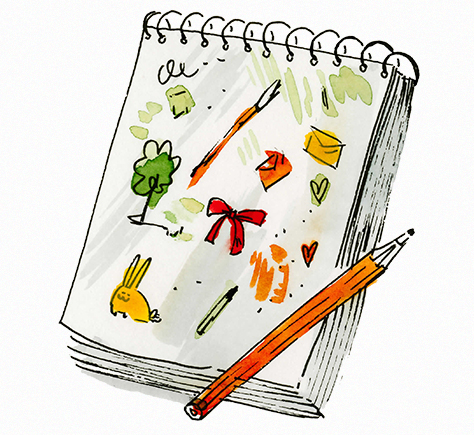
Scribble!
Writing and working will be different for everyone. Your goal may be 1,000 words, or it may be having three ideas. It may be completing three pages of mind-mapping. If you need that time to think, then take it! Grab some paper and a pen and start sketching things out. It’s all part of the process and it’s totally fine to explore your ideas any way you like. It’s vital, really, to the process, that you do this. You may work methodically, and thrive on something like Scrivenor. You may find that a blank page and some crayons will yield the results you want. You know yourself best, learn how you work and what makes you tick and play to those strengths. As long as you’re doing something positive to make your book come about, it all counts towards writing your story!
Make the time
It may feel like your days stretch out ahead of you, and likewise it may feel as though you blink and it’s school pick-up time. However your day is structured, you need to make sure you find the time you need to write. It doesn’t need to be all day, or hours and hours. At this stage, just getting your daily goal met is enough. Some days you really will struggle to fit it in, and if that happens don’t feel you have to “make up for it” by writing more the next day (unless that works for you!). You know in your heart when you are making excuses and procrastinating. Only you can motivate you to get going, and eventually you’ll work out how you like to operate and find out what makes you tick. Whatever you do, make the most of time spent writing or planning, and try to enjoy yourself. Good luck!
